
Seven Things You Didn't Know Could be Halal Certified
Most people associate Halal certification with food, especially meat. But Halal certification actually applies to a huge range of foods, cosmetics, and consumer goods. Even industrial products that we never purchase directly in our daily lives can be certified Halal for use as additives to Halal certified foods or cosmetics, or in packaging. You’ll be surprised at the things that can be Halal certified, and you might discover new ways that certification can fit into your business plan.

1. Supplements
Halal-certified supplements are an important sector and among the fastest growing in the Halal market. While some vitamins and supplements may contain pork – such as in their gelatin capsules or other animal derived ingredients., Halal supplements contain no alcohol and no pork. Halal-certified options create and enjoy a considerable advantage, especially in growing Southeast Asian and Middle Eastern markets.
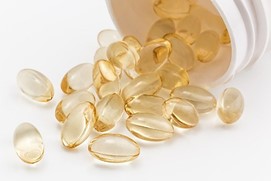
2. Beverages
Beverages are actually just as important to certify Halal as food. Due to their liquid nature, it is hard to determine exactly what a drink contains, even something as simple as fruit juice. In addition, many beverages contain added alcohol, which is never permissible, or added colors or flavors, which may or may not be. While many beverages are Halal suitable – tea, coffee, milk, fruit juice, sparkling water, and more – consumers need to see Halal certification indicated to be sure. Read more about Halal beverages in this article on our blog.
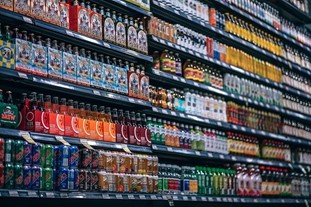
3. Lipstick
Since cosmetics are applied to the body, many Muslim consumers carefully consider ingredients and Halal status before buying and using them. Consumers look for Halal certification on everything from lotion to lipstick, indicating that it is free from pork derivatives or non-Halal animal ingredients and harmful ingredients like toxic metals, that it was not tested on animals, and that it contains only pure, wholesome, traceable ingredients.
Since lipstick is applied so close to the mouth, it is particularly important that it meet Halal standards, and Halal certification is a great way to communicate this to consumers.
Check out the Halal-certified lipsticks and lip glosses made by Amara Cosmetics, and the vegan options from PHB Ethical Beauty. Read more about Halal certification and cosmetics in this article.
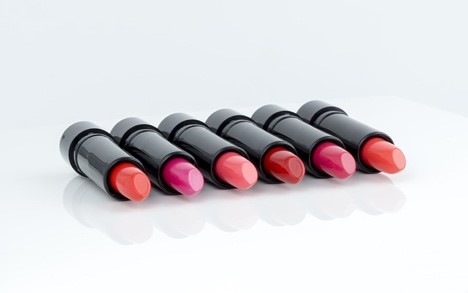
4. Nail polish
In addition to the other concerns applicable to Halal cosmetics – ethical sourcing, non-toxic ingredients, no animal testing – nail polish can be problematic for Muslim women: in order to properly complete the ritual washing before prayers, water must touch every part of the hands, including the nails. Traditional nail polishes prevent this, making them impractical, even if not necessarily prohibited. Enter permeable nail polish, which allows water to pass through the paint layer and reach the nail. Halal-certified permeable brands such as Amara and PHB Ethical Beauty have become popular with Muslim consumers. You can read more about Halal nail polish in our blog article here.
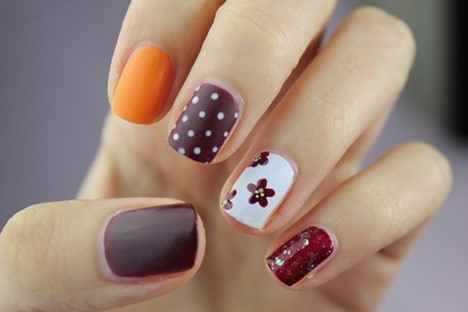
5. Sugar
Sugar seems like a straightforward case – it’s a pure, plant-based food, so there shouldn’t be any questions about Halal suitability. But, some sugar is refined using bone char as a part of the bleaching process. If the bone char was derived from non-Halal cattle, the sugar would no longer be Halal. While many modern companies use Halal suitable activated carbon systems, these are processing steps, not ingredients, so it is impossible for the consumer to tell by looking at the package. Given this potential for doubt, sugar is a great product to get certified!
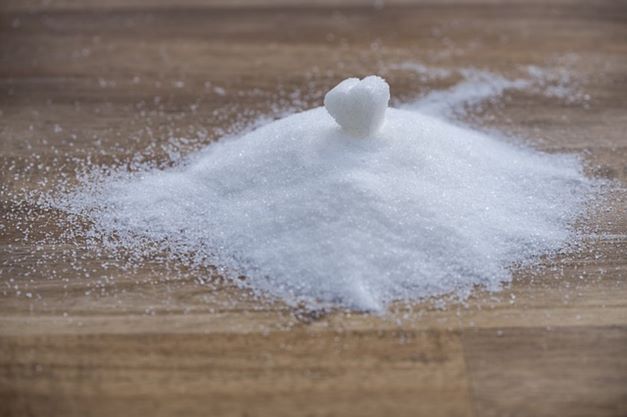
6. Industrial products
Industrial products like glue, tape, plastic wrap, cleaning products, air and water filters and more can be Halal certified. Many people use them or purchase products containing them without a second thought, but many industrial products contain animal-derived fats, acids, or other compounds. Even when not intended for consumption, most Muslim consumers prefer to avoid purchasing items that are made with non-Halal animal derivatives. If a product is used in food packaging, however, Halal certification is very important, and would be required in order to label the food product as Halal.
A good example of this is pliogum®, a food-grade polymer made by Goodyear Chemical and certified Halal by ISA. Pliogum is used in food can sealant and bubble gum, facilitating Halal certification of those products.
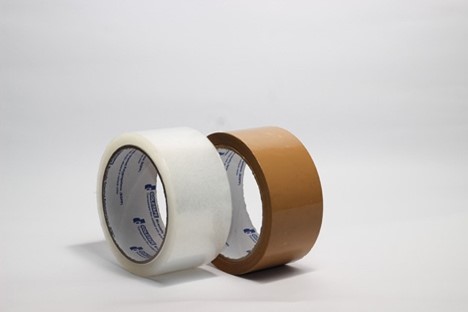
7. Financial Products
Halal certification can even apply to intangible products, like loans, mortgages, and investments! Charging interest is prohibited in Islam, so banks and customers need to work around typical financial structures in order to borrow money. In addition, Muslims are prohibited from investing in industries that cause harm or produce haram items, including alcohol companies, pork producers, and gun manufacturers. There are Halal-suitable financial products available, such as Saturna Capital’s Amana Mutual Funds Trust.
Does your company produce any of these Halal-certifiable products? If so, contact ISA today to see how Halal can fit into your business plan!

picture credit: pixabay.com